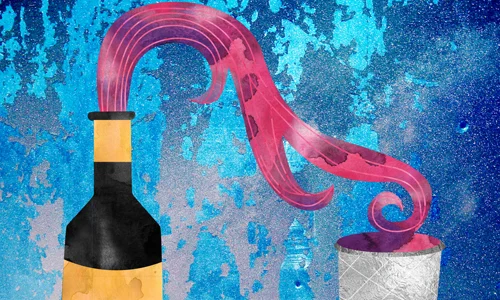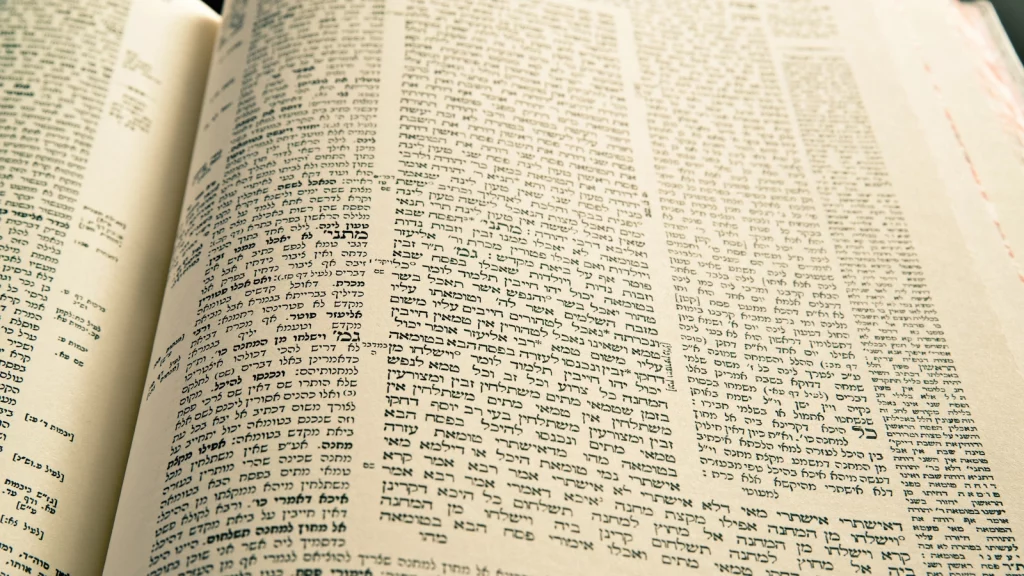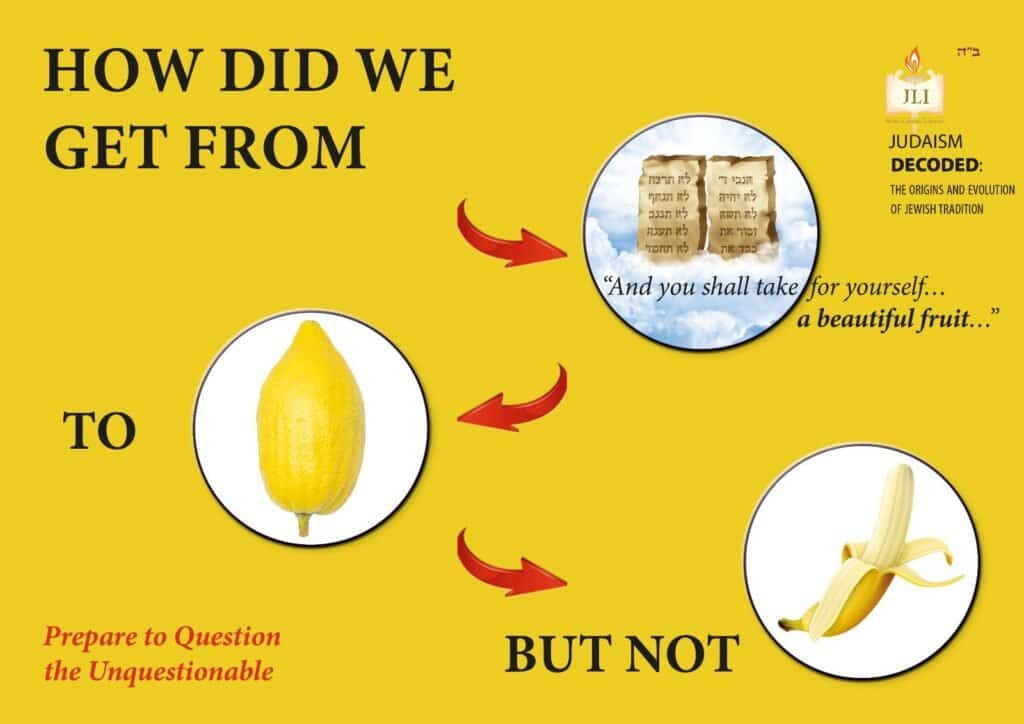Introduction: In the tapestry of Jewish traditions, Kiddush holds a unique place as a sacred ritual, especially when recited over wine. Delve into the rich tapestry of reasons behind this practice, uncovering the profound significance that wine brings to the sanctification of the Sabbath.
- Biblical Mandate and the Power of Zachor: At the core of Kiddush lies a biblical command, echoing the Ten Commandments’ call to “remember (zachor) the Sabbath day to sanctify it.” This verbal declaration of holiness finds resonance with wine, a connection deeply embedded in numerous scriptures.
- Joyful Beginnings: Wine, a symbol of celebration, transforms the ordinary into the extraordinary. By incorporating wine into Kiddush, we signal that the upcoming meal isn’t just routine—it’s a joyous, festive occasion. This is particularly emphasized in daytime Kiddush.
- Rabbinic Insights: Throughout history, revered rabbis have provided additional layers of meaning to the choice of wine for Kiddush. These insights enrich our understanding and appreciation of this sacred tradition.
- Wine’s Divine Connection: Wine possesses a unique ability to bring joy to both human hearts and the divine realm. When used for the holy purpose of celebrating Shabbat, it is said to “gladden G‑d,” creating a harmonious connection between the earthly and the divine.
- Symbolism of Marriage: The Zohar paints a beautiful analogy, describing Shabbat as the “bride” of the Jewish people. Just as the sanctification of a bride (kiddushin) involves wine, so does Kiddush, reinforcing the sacred bond between the Jewish people and the Sabbath.
- Rectifying Forbidden Fruit: Delving into the narrative of Adam and Eve, who partook of the forbidden fruit (possibly a grape) on a Friday afternoon, Kiddush serves as a rectification. By blessing and using grape wine for a mitzvah around the same time, we honor the sanctity of the Sabbath.
- Numerical Symbolism: The numerical value of the Hebrew word for wine is 70, a number mirrored in the word count of the Kiddush verses. This intricate numerical alignment adds a layer of significance, underscoring the precision and intentionality behind the Kiddush ritual.
- The Wine of Moshiach: As we celebrate the Sabbath, we also anticipate the Messianic era. The special wine set aside for this celebration echoes the culmination of the six millennia of human endeavor, symbolising the ultimate rest and tranquility promised in the era of Moshiach.
Conclusion: Kiddush, when uttered over wine, weaves together threads of biblical commandments, joyous celebrations, and profound symbolism. Understanding the intricate reasons behind this tradition enhances our connection to the sanctity of Shabbat, creating a tapestry of spiritual significance that transcends generations.



